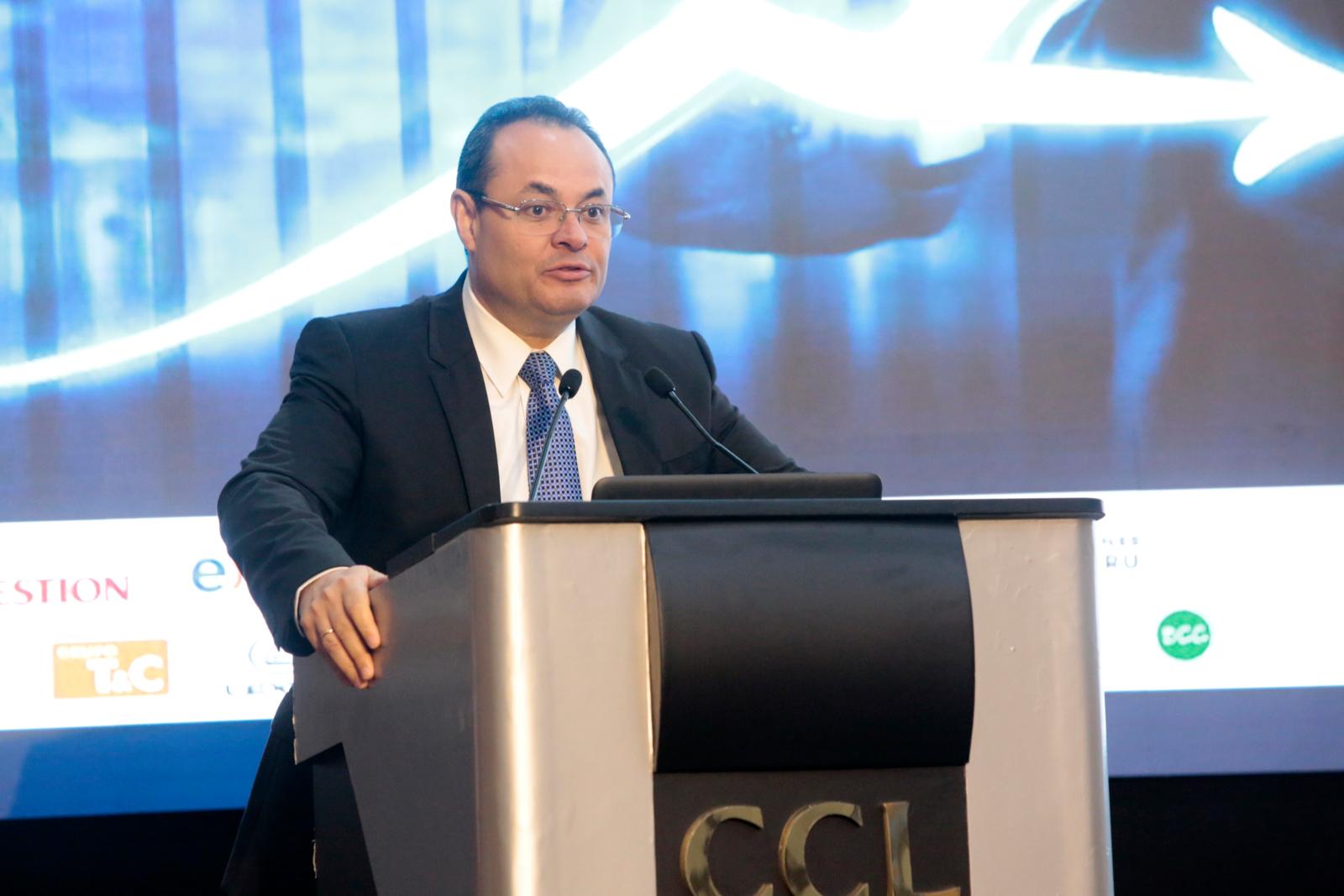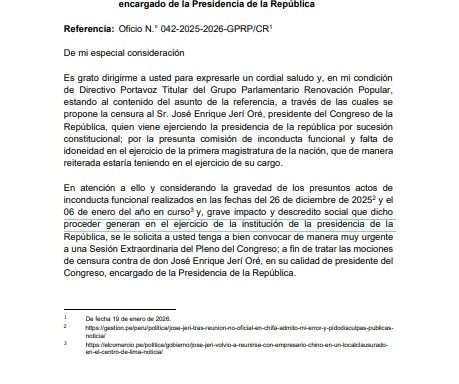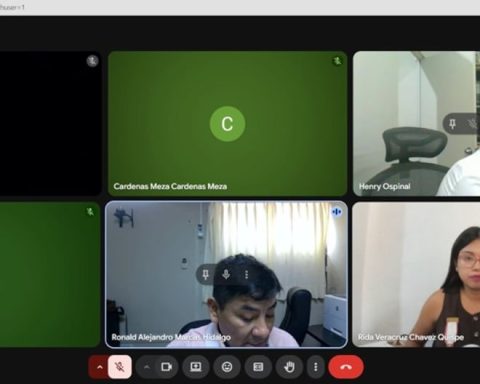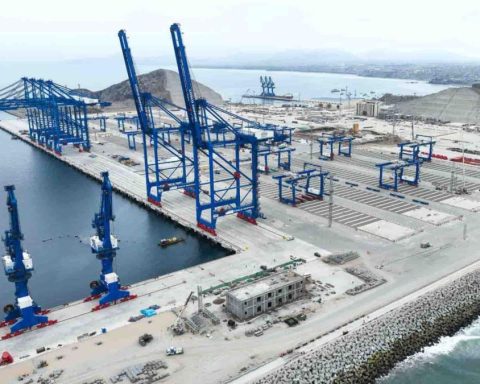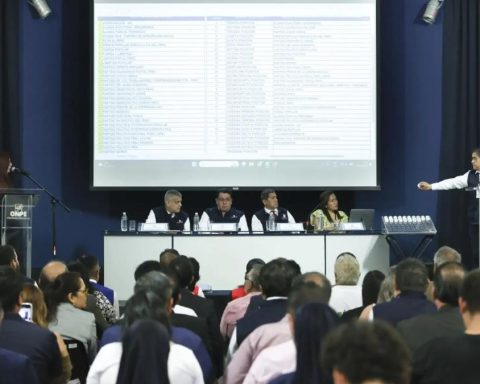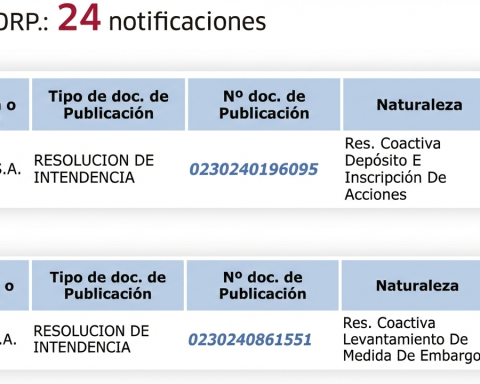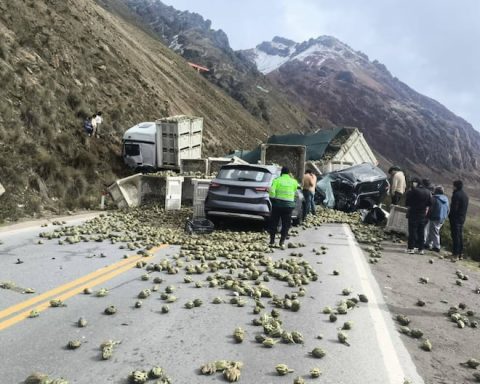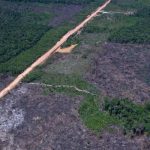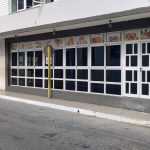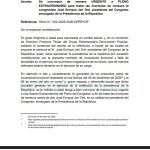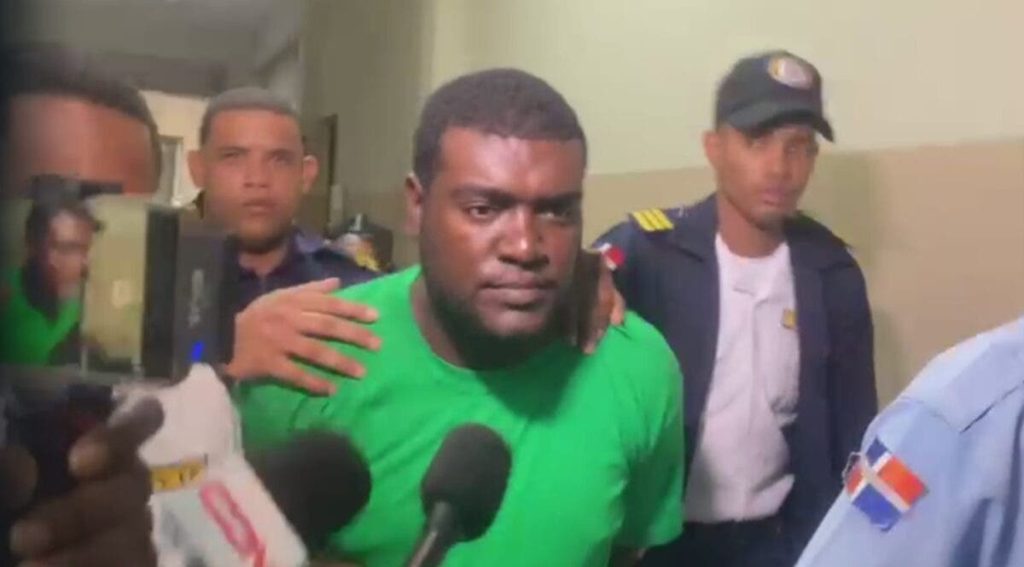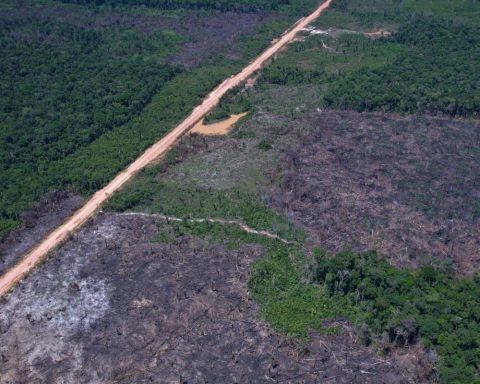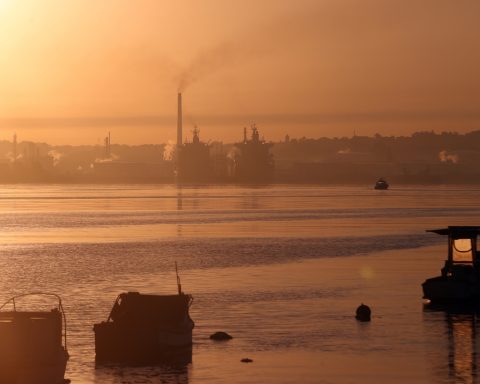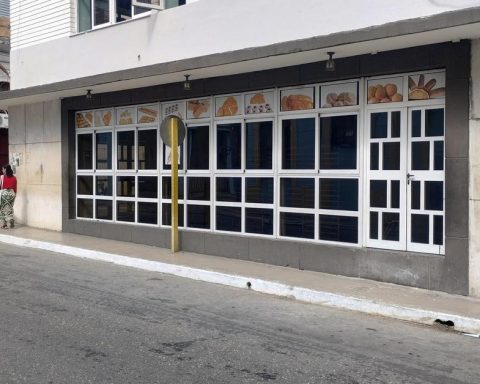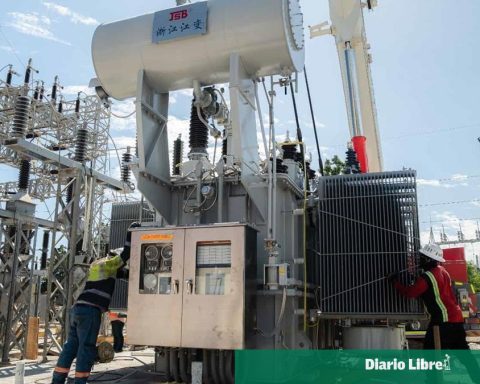Today the 62nd edition of CADE Executives begins in the White City, with growing expectations for the relevance of the conference topics, as well as the deliverables. Exactly the first day of the forum will close with the presentation of Luis Carranza, former Minister of Economy and Finance, director of Alpha Asesoría Estratégica and columnist for Perú21.
During this presentation, Carranza will present and deliver an ambitious proposal for a shared vision, for joint action to rebuild the future of all Peruvians, something not easy if we take into account people’s current perception of their situation, as well as the structural problems. that our country faces.
What vision of the country do Peruvians have? Do they trust the country? Where do they see the country in 10 or 20 years? It is hoped that the report can answer these and other questions to provide a series of approaches and proposals.
Challenges
Peru faces multiple challenges derived from political problems, the impact of the pandemic and external shocks, which have deteriorated citizen perception of economic and social progress.
According to an urban-rural survey carried out by Ipsos Peru for Apoyo Consultoría in June of this year, 69% of those surveyed believe that the country has regressed, 26% consider that it has remained the same and only 4% believe that it is progressing. .
“The trend is one of pessimism. Currently, the predominant feeling is one of regression. However, during the government of Alan García, when Luis Carranza was minister, perceptions of stability or progress were much higher, while the perception of regression was significantly lower,” explained Guillermo Loli, director of Opinion Studies at Ipsos Peru. .
Loli attributed this pessimistic vision to factors such as the consequences of the pandemic and a government administration that has failed to provide effective responses in the post-pandemic context. “An inefficient government, like that of Pedro Castillo, began the post-pandemic with a strong blow to the economy. This generated uncertainty and economic contraction, a scenario aggravated by the policies adopted during that period,” he noted.
Although the country currently has a new government, Loli considered that the measures adopted so far “leave much to be desired.” In addition, he indicated that citizen insecurity, violence and political uncertainty contribute to an unfavorable environment for development.
Family resilience
Despite the general pessimism about the direction of the country, Loli highlighted that many Peruvian families show greater optimism in their own environment. “The average Peruvian feels that the country is not advancing, but they perceive progress in their family nucleus. This is because families are struggling to get ahead, often without the support of the State. In this area, the indicators are not so negative,” he commented.
Finally, Loli emphasized the need to recover political and economic stability as fundamental axes for the country’s development. “These aspects cannot continue to advance on separate paths. We must take up the lost step and work together to build a more stable future. This must begin immediately; “We cannot afford to wait any longer,” he concluded.
Take advantage of the NEW EXPERIENCE, receive our enriched digital newspaper by mail and WhatsApp. Peru21 ePaper.
Now available in Yape! Find us at YAPE Promos.
RECOMMENDED VIDEO
